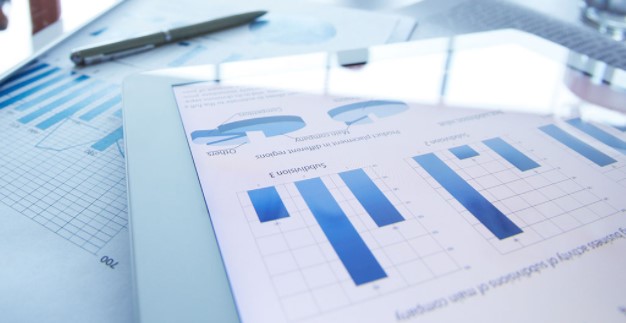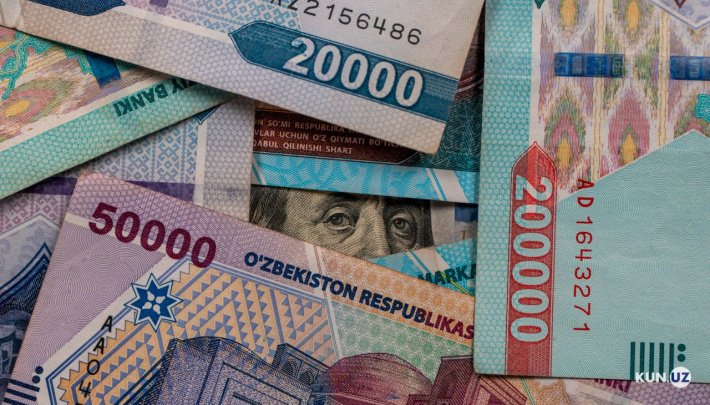CERR raises forecast for Uzbekistan’s GDP growth in 2022 by 5.77%
The Center for Economic Research and Reforms (CERR) estimated GDP forecasts for 2022 using a new approach (nocasting) based on extremely detailed streams of large data streams.

Photo: Depositphotos
Based on the collection of about 250 weekly search results through Google in 20 categories of indicators, combined with price estimates for individual products (including changes in the prices of gold and oil), as well as fundamental variables of gross imports and stocks, a weekly forecast of Uzbekistan’s GDP was made.
The economy of Uzbekistan has been significantly affected by negative external shocks. The analysis takes into account the negative factors that the country was exposed to in the first half of 2022 (political unrest in Kazakhstan, large-scale power outage and conflict in Ukraine).
The forecasts revealed special aspects of GDP that cannot be revealed in quarterly figures. In particular, a significant slowdown was observed during February and March of this year. But, the subsequent economic recovery has also been significant.
Economic growth in Uzbekistan in the first quarter is usually lower due to seasonal factors. During 2018-2021, Uzbekistan’s GDP growth in the first quarters was on average 0.43% less than annual GDP growth. Therefore, negative factors exacerbated the economic impact and slowed down GDP growth in the first quarter of 2022.
Taking into account the above factors, as well as consolidating the weekly forecast indicators of GDP dynamics, the estimated economic growth in the first half of 2022 compared to the first half of 2021 amounted to 4.99%.
Accordingly, there is a growing trend in the weekly dynamics of GDP for the second half of 2022, which will increase the GDP growth rate by at least 0.68% year on year. According to this, real GDP growth for 2022 is projected at 5.77%.
Based on this, the forecast range for Uzbekistan’s economic growth is set at 5.67%-5.87% for 2022.
Nocasting is a method that is widely used in the development of national economic policies in many developed countries, including the Bank of England, the European Central Bank and the OECD. Models of this kind have similar characteristics to the current traditional models, but significantly outperform them during “crisis” episodes (eg 2008–2009, 2020 and the current situation). The current method is relevant in that key statistics are available with significant delay, especially for quarterly GDP figures. This forecast is also used to assess specific aspects of the state of the economy, such as the labor market and the well-being of the population.
Related News

19:06 / 12.02.2026
Uzbekistan’s currency gains nearly 7% against dollar, easing external debt payments

16:06 / 11.02.2026
Export revenues and remittances drive currency market surplus in Uzbekistan

15:56 / 11.02.2026
Higher gold revenues help Uzbekistan cut 2025 fiscal gap to 2.1% of GDP

12:01 / 09.02.2026



